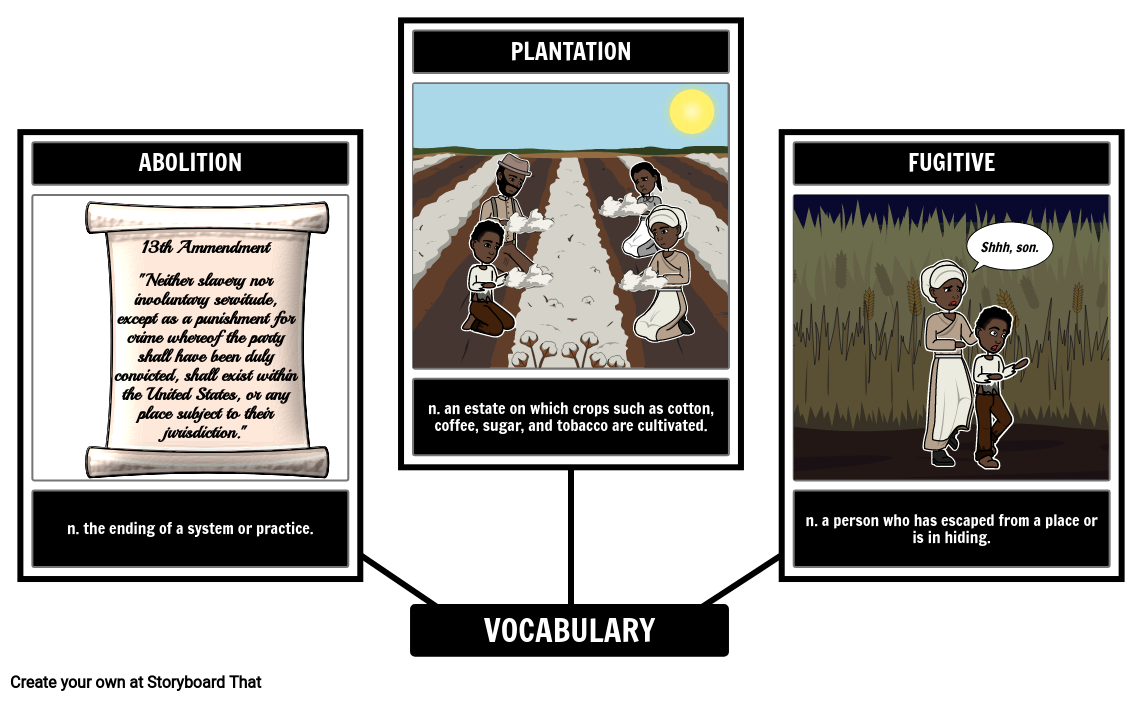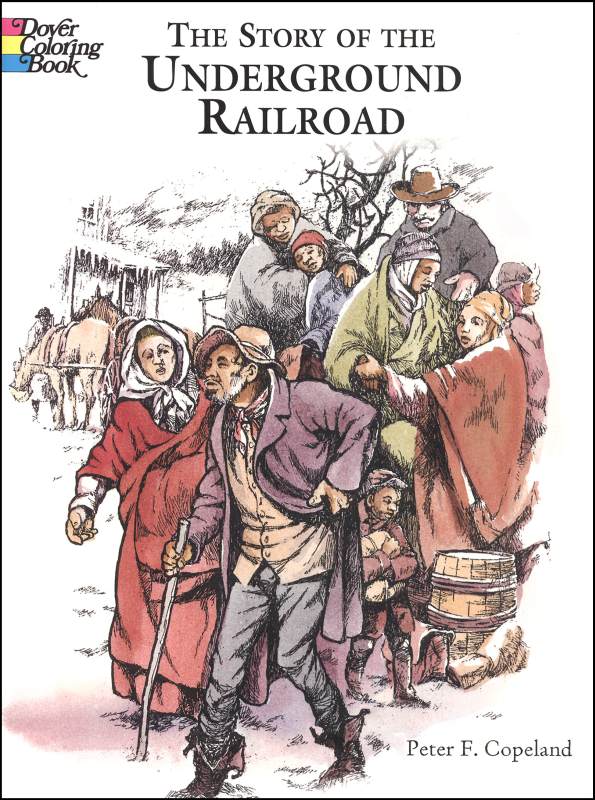
They expected him to go into a profession. Until he went to Harvard, says Whitehead, he had been a “goody-goody” and done everything his parents expected of him. Apart from anything else, it was out of character. Whitehead’s parents ran an executive recruitment firm and were less than delighted when he announced a desire to become a writer. And then, after 9/11” – he starts laughing – “I discovered it was a nice, mellow place to hang out.”Įxtraordinary success. So, I didn’t go out there, except to visit my parents, for a long time. “Once I got to college, it seemed that the Hamptons were a little bit too posh for me and didn’t represent the kind of values I was embracing in my late teens. It didn’t occur to him to be embarrassed about having gone to private school – Trinity, on the west side of Manhattan – but all those summers at his parents’ house in Sag Harbor, in the Hamptons, were something else. The whole constellation of satisfied, complacent, et voilà.” “Bougie” is the word he uses to describe that world, which he went through a period of disparaging and attempting to distance himself from. It was a position of privilege considered so unavailable to African Americans that the parents of white classmates would speculate about whether he and his brother were African princes. His 2009 novel, Sag Harbor, detailed with humour the experience of being a kid in Manhattan’s private-school world, with a fancy summer home in the Hamptons.

Whitehead grew up in Manhattan, one of four children of successful entrepreneur parents. He has a 12-year-old daughter from his first marriage. We are in a cafe near Whitehead’s home in downtown Manhattan, where he lives with his wife, Julie Barer, a literary agent, and the couple’s three-year-old child. I’ll put some money aside to put my kids through college, buy some new shirts and generally walk around in a good mood.” It seems like a once-in-a-lifetime thing. “I assume that, once I get into a new book, I’ll revert to my usual average temperature.

So, that’s new, and a nice feature.” Will glumness descend again? “Eventually,” he laughs. “But I’ve been in a really good mood for the last year.

“Generally, I walk around in a glum mood,” he says. The TV rights have been bought by Barry Jenkins – the man behind the Oscar-winning movie Moonlight – and for the past six months Whitehead has undergone a transformation. It would come to be published in 40 languages, win a Pulitzer prize and a National Book award and be anointed by Oprah. The book Whitehead ended up writing was The Underground Railroad, the story of Cora, a 15-year-old slave who escapes from a plantation in Georgia.


 0 kommentar(er)
0 kommentar(er)
